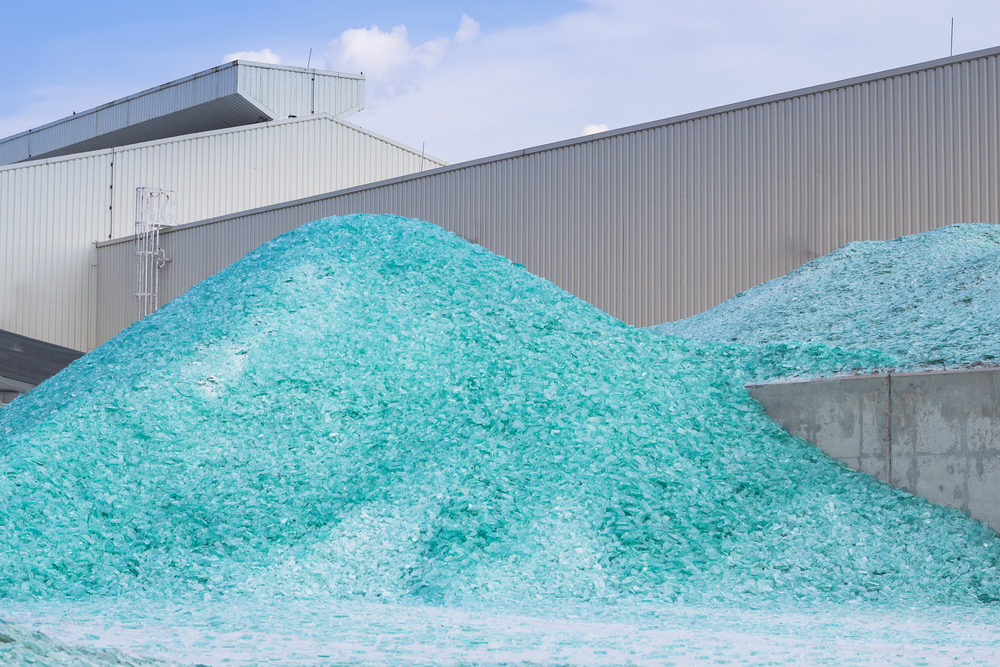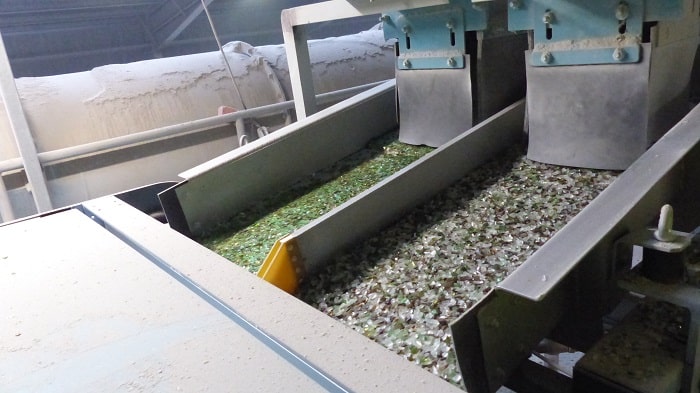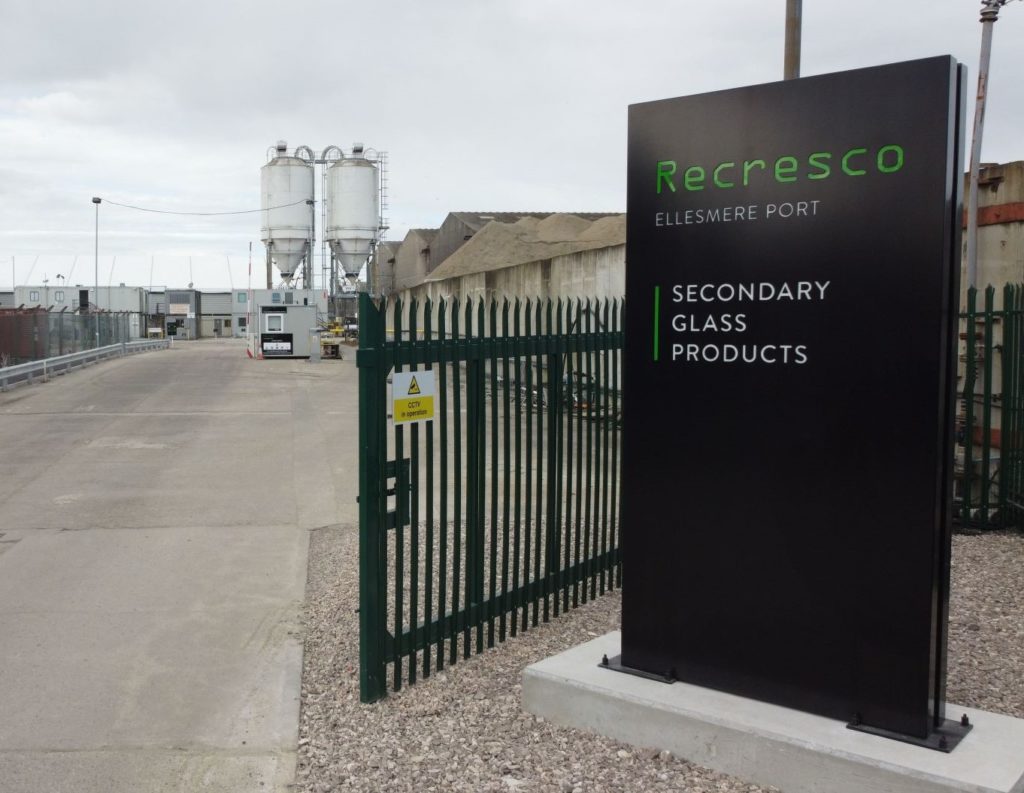Although underground recycling banks have been constructed in residential areas such as Tower Hamlets, Waitrose is the first supermarket to look at them. The bins will be installed at Waitrose's new Cheltenham store next year and while the store will not open until October, the recycling banks could be open in the summer.
Waitrose plans to install a suite of six underground banks which will collect green, brown and clear glass as well as paper, cans and general waste.
Anthony Hatch, development manager for the project, explained that he decided to install underground recycling banks because there were recycling requirements for the project but he didn't want to put recycling banks near the entrance as they can have a negative impact on the appearance of the store.
Benefit
Mr Hatch said: “”There are hundreds of underground recycling banks on the Continent, they are much less unsightly and there is much less noise. I think that they offer a tremendous benefit. Local Authorities will gradually appreciate the worth of underground recycling banks and they will spread like wildfire like they have on the Continent.”
The banks are being manufactured by Sulo and are called “ice burgs” because there is a large bin underneath the ground (5 cubic metres) and a smaller bin (1 metre tall x 0.25 metres square) above the ground in which customers put their recyclables.
Although the bins cost around 3,500 they have a 15-20 year life span and are quieter to use and quicker to empty. The banks are also very valuable for supermarkets because typically as many as eight car parking spaces can be lost by a mini recycling centre. Instead the banks are compact in appearance and can be put outside the shop's main entrance in free space which would be impractical for igloo-style bins.
But one problem is that the whole bin is lifted out when full and many vehicles do not have enough lift capacity to do this. The banks need to be emptied by a two-tonne lift and this can be expensive if a vehicle is only used on an irregular basis.









Subscribe for free